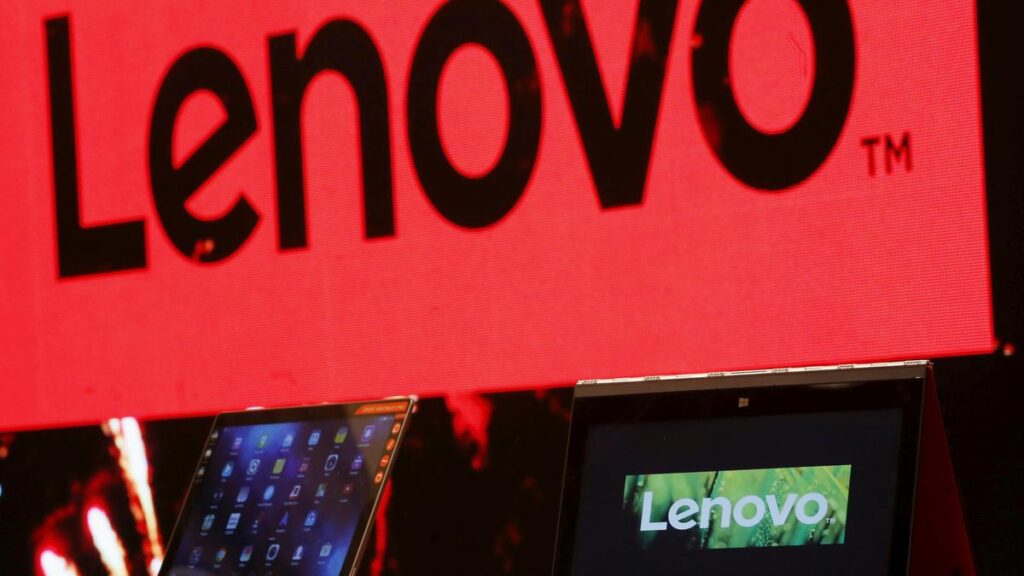970x125
In a global cloud infrastructure market valued at over $330 billion and dominated by a handful of hyperscalers, Lenovo is forging a distinct and strategic path. Rather than clashing head-on with giants like Amazon Web Services, Microsoft, and Google Cloud, the company’s Infrastructure Solutions Group (ISG) is positioning itself as the indispensable foundational partner for a new era of hybrid, AI-driven computing, according to Amit Luthra, Managing Director for Lenovo ISG in India.
970x125
“Cloud is the form of the way IT is consumed,” Mr. Luthra said. “Our strategy is to work with the complete ecosystem of the cloud—from hyperscalers and local service providers to large enterprises and SMBs.”
This philosophy of collaboration over direct competition hinges on providing flexible, outcome-driven infrastructure. Mr. Luthra emphasised that the company has moved beyond simply selling hardware. The focus now is on delivering tangible results, a shift that requires a deep understanding of diverse customer needs and an open, interoperable architecture.
“We don’t want to go back to our customers and say you have to let go of what you already have,” he explained, highlighting a core principle of avoiding proprietary lock-in. This allows organisations to build upon their existing IT investments, whether they are traditional on-premise systems or complex multi-cloud environments.
This flexibility is particularly crucial when addressing the full spectrum of the market, from sprawling enterprises to agile small and medium-sized businesses (SMBs). Mr. Luthra pointed to a “build vs. buy” dynamic, where many SMBs lack the resources for custom development.
“Most of the mid-market and SMB customers in India will want to buy IT — buy it like a package,” he noted. To serve this segment, Lenovo has cultivated a robust ecosystem of Independent Software Vendors (ISVs), enabling the delivery of pre-validated, turnkey solutions.
“We do have lot many solutions like these… to help them give a complete end-to-end packet solution,” Mr. Luthra added, citing examples like a “ChatGPT in a box” for enterprises seeking a private, secure large language model.
The catalyst for this market evolution, Mr. Luthra asserts, has been the explosion of artificial intelligence. While AI and analytics have been around for over a decade, the recent wave of generative models has fundamentally altered the landscape. “GenAI took it to the mainstream. It became a boardroom imperative,” he stated.
According to a global CIO survey conducted by Lenovo, India has emerged as a leader in AI adoption within the Asia-Pacific region. Indian organisations are leveraging the technology for both optimising existing processes — what Mr. Luthra calls improving “business hygiene”—and driving disruptive innovation.
Looking ahead, he believes the industry’s focus is already shifting from the initial frenzy of training massive models to applying them for practical use. “The big bet that I would have is on inferencing,” Mr. Luthra declared. “The era of training and LLMs was a two years back story… while that is still on, inferencing is where the big bet is.”
With this rapid technological advance, however, comes the critical responsibility of governance. Mr. Luthra said that security, privacy, and ethics are now central to every major technology discussion. “Responsible AI is a very, very big discussion point in deploying most of these solutions,” he said. “People want to talk about security, people want to talk about ethics. This is where IT makes the excitement in the board real.”
Published – August 14, 2025 08:08 am IST
970x125

